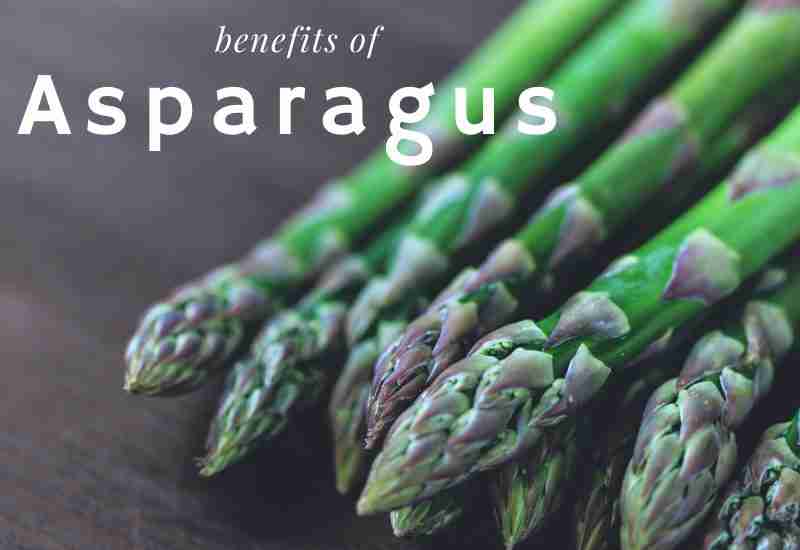Table of Contents
INTRODUCTION:
In this article we explore some healthy benefits of asparagus and it’s demerits. So, let’s explore healthiness into this article.
Asparagus is one of the greeny vegetables. That are lightweight, loaded with nutrients, consumed as food for lunch and in buffet systems as well. In this article, let us explore how asparagus. It creates a great impact on the body, benefits of asparagus, its limitations, and its effects as well.
Benefits of Asparagus
Loaded with Plenty of Vitamins
Asparagus is one of the special vegetables. They are loaded with various vitamins which are more essential to our body every day.
In 100 grams of asparagus, it contains 40 mcg of Vitamin A. where it helps to boost eye power. It also prevents night blindness, boosts the reproductive system of our body. Also strengthens the bones and teeth. It too contains quite enough amount of lutein and zeaxanthin. That provides the liquid present in the eye to improve the eye power.
It has vitamin B but at a very low amount. B-Vitamins like Vitamin B1, vitamin B2, vitamin B3, vitamin B5, vitamin B6, and vitamin B9. Vitamin B1 and vitamin B2 are known as thiamine and riboflavin. Where its main responsibility is to break down carbohydrates, fats, and proteins into energy. It has known as ATP called Adenosine Triphosphate. It has known as the power unit of our body. In 100 grams of asparagus, it contains 0.14 mg of both B1 and B2.
It too contains Vitamin B3 called Niacin. Where 100 grams of asparagus contains 0.9 mg of Vitamin B3. That is good for the skin, lowers the sugar level, regulates the blood pressure as well. Vitamin B5 and B6 are also known as pentatonic acid and pyridoxine. It plays an important role in suppressing the stress hormones and snaps out of depression as well. In 100 grams of asparagus 0.25 mg of Vitamin B5 and 0.1 mg of Vitamin B6 are available.
Produces Blood
Asparagus is one of the best vegetables in producing blood. In 100 grams of Asparagus, it contains up to 50 mcg of Vitamin B9 also known as Folic Acid and Folate. The main role of Folic acid is to produce the quality red blood cells of the body. That carries oxygen through the entire body. Which helps in proper respiration, pumping of blood. Also, functions all the internal organs with great stability.
A Great Protection for Skin
Asparagus is a great protector for the skin. It contains both Vitamin C and Vitamin E. The main role of these vitamins is to prevent the cells from the oxidative stress of the body. That resists the cells and tissues of the body from peeling. Which makes your skin glow well and makes you younger irrespective of age. Vitamin E plays an important role in preventing the cells and tissues from the ultraviolet rays of the sun. It boosts the immune system of the body as well.
Vitamin C provides a special enzyme called Collagen. Which helps to heal the wounds at a faster rate, gives great flexibility to the joints and skin. This too stabilizes the free radicals of the body. In 100 grams of Asparagus, it contains 5.5 mg of Vitamin C and 1 mg of Vitamin E.
Other Important Factors
In 100 grams of asparagus, almost 42 mcg of Vitamin K is available. This helps to remove the blood clots of our body. Which prevents the possibility of brain tumors and also supports the good flow of blood.
It too contains all the significant minerals. Like Calcium, Potassium, Iron, Magnesium, Manganese, and Sodium. All these are more important to the body which has different roles in our body. In 100 grams of asparagus, it contains 200 mg of Potassium. Which is a significant mineral to our human body. That absorbs the vitamins and is responsible for the muscular contraction of the body. It’s boosting muscular functions as well. It prevents muscular cramps in our bodies. Where it too maintains the fluid flow of the body, giving great stability to our body system.
In 100 grams of Asparagus, it contains 25 mg of Calcium. It helps to strengthen the bones and teeth that even resist corrosion as well. It has a little amount of Iron that prevents it from Anemia and manufactures the red blood cells of the body. Magnesium helps to boost the biochemical reactions of the body. It lowers blood sugar and regulates blood pressure as well.
Limitations of Asparagus
- Asparagus is high in fiber. This high fiber content leads to stomach upset, stomach cramps, gastric upsets. If the asparagus has been consumed at a high rate.
- It also has asparagus acid that breaks down the sulfur compounds in the body.
- It is not suggested to have it during dinner, where it takes too much time for digestion.
CONCLUSION
I hope you were well clear about the asparagus and benefits of asparagus, its impact on the human body, and also its limitations. Having it once a week is good to get enough nutrients.

